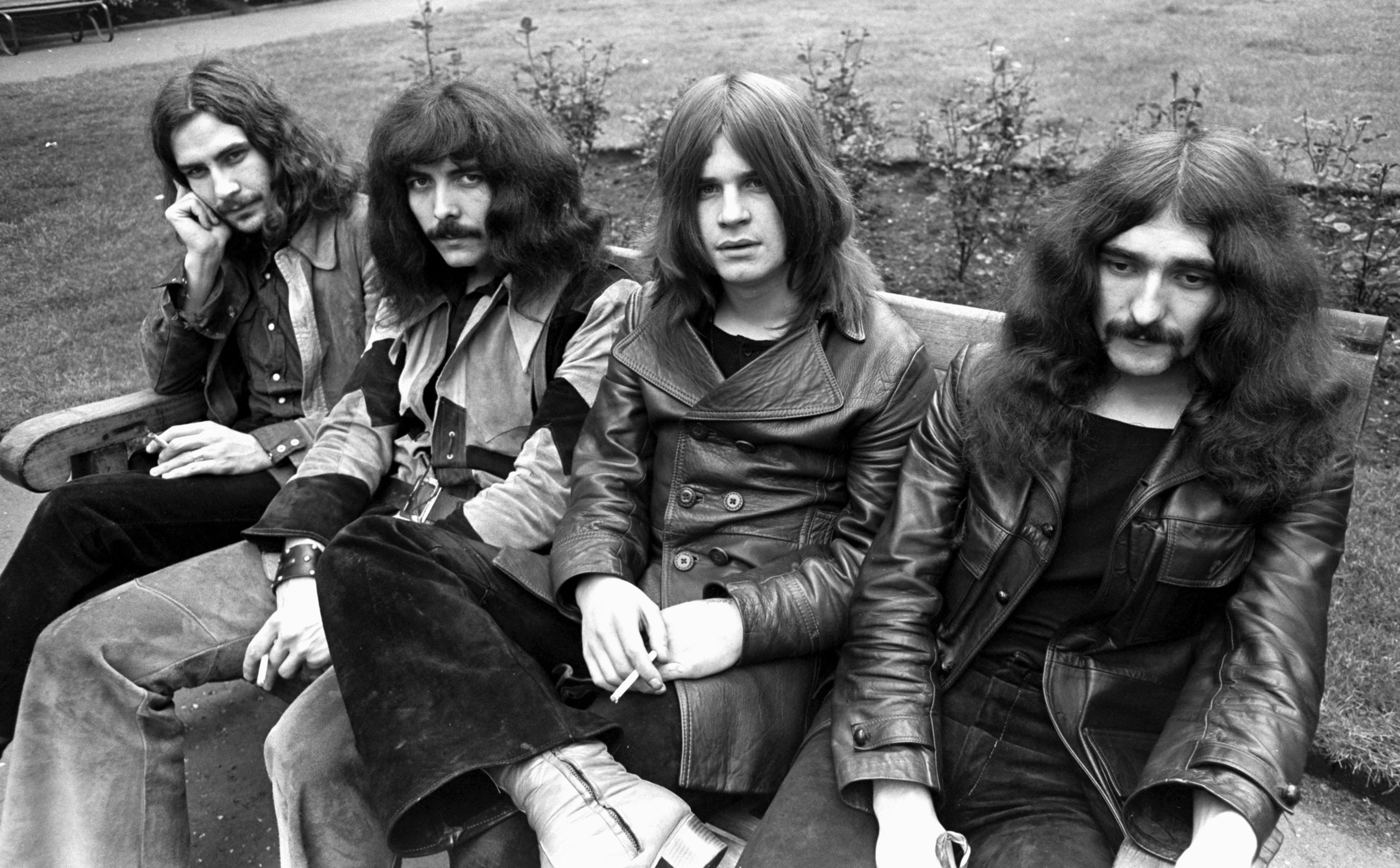It requires significant work to clear your mind of the bat biting and reality TV nonsense, but please make the effort because the futuristic sound of Ozzy Osbourne — particularly during his remarkable time with the band Black Sabbath — still has something meaningful to convey. In essence, that it can be enjoyable to confront your fears when real life is worse.
Osbourne expressed themes of war and insanity with a bleak, drawn-out vocal style that he often twisted to sound like a dying ambulance siren, often piercing through the clamor of mainstream rock. He cautioned the weak and oppressed about the grim future being shaped by the wealthy and powerful, helping transform people’s music into something remarkably loud, energizing, anxious, and entertaining.
However, this type of balancing act can be burdensome for a working-class individual from Birmingham, so in the 1980s, Osbourne reinvented himself as a symbol of heavy metal indulgence — until his legendary behavior eventually came back to haunt him on Tuesday whenhe died at 76. Throughout the latter half of Osbourne’s incredible life, the American media constantly attempted to turn his bold eccentricity into a joke, initially portraying him asa shock-rock punch line, and later as a clueless father on the groundbreaking MTV reality series “The OsbournesYet, as incredibly famous as he became, his music remained even greater than his fame.
It feels particularly true right now, at this so-called cultural crossroads filled with technocrats who keep claiming that artificial intelligence will enhance our lives by making us obsolete. Rivaling Kraftwerk in the 1970s, Black Sabbath was creating some of the most intensely powerful, deeply skeptical music about humans and machines — starting with “Iron Man” a science fiction high-energy anthem about a grumpy cyborg, where Osbourne mimics the melodic patterns of Tony Iommi’s famous guitar riff as though his voice was connected to it, with biology and technology combined.
The concept evolved into a recurring theme, beginning with the robotic stoner coughs that initiate 1971’s “Sweet Leafto Osbourne’s decades-long ability to sing high notes like a Conair hair dryer. ‘You don’t want to be a robot ghost trapped inside a human body,’ hemewledin a revived Black Sabbath around 2013, his voice continued to echo through the deepening bio-tech divide.
Although Osbourne may not have managed to stop Big Tech, he succeeded in influencing metal 10,000 times over. No band has had a greater impact on heavy music than Black Sabbath — a fact we might even broaden to include the concept ofheavy metal thinking, in other words, a more intense form of youthful boredom and growing skepticism that was often ignored in the pop culture of the 80s and 90s as uncool youth behavior. Beavis and Butt-Head, Bill and Ted, Wayne and Garth, and others like them. The reason Osbourne’s music continuously resonated with so many young people wasn’t because teenagers were ignorant kids who liked to make their parents anxious. It was because adolescents are among the select few who truly grasp how powerless we are in this world.
Regrettably, Osbourne’s music did little to dispel public misconceptions following his departure from Black Sabbath in 1979. As a highly successful solo artist, he embraced the absurdity of metal fantasy, appearing as a grinning werewolf on the cover of 1983’s “Bark at the Moon,” and posing as a sly dragon on the artwork for 1986’s “The Ultimate Sin.” Indeed, Osbournedidchew that bat that a fan hurled onto the stage in Iowa back in 1982, but truly, how much more unusual is that than “Perry Mason,” his ridiculous 1995 tribute to the classic Raymond Burr television crime series?
There was an inherently approachable quality to Osbourne’s oddities, which became most evident in 2002 when MTV’s “The Osbournes” brought the singer and his family—wife Sharon, children Kelly and Jack—into a fresh level of celebrity. As a unique type of television father, he appeared fully aware of the show’s larger meta-humor. However, even if there was some amusing irony in the PMRC members having to acknowledge Ozzy as a somewhat caring and devoted family man, the individual who sang “War Pigstruly worthy of mass-culture admiration without so much teasing and subtle hints.
“War Pigs” was written during the horrors of Vietnam, but its lyrics, composed by Sabbath bassist Geezer Butler, address the senseless thirst for blood of a worldwide military that still exists today. As the wail of a World War II air raid siren flows through the song’s intense opening riff, you can almost imagine Osbourne squinting into the distance, taking a spontaneous vocal lesson. “Politicians hide themselves away. They onlystarted “The war,” he states in the middle of the song, his voice shifting with tension and anxiety. “Why should they go out and fight? They let the poor take on that responsibility.” A significant moment of musical, political, and spiritual importance is unfolding here. Osbourne isn’t mimicking the machine. He’s giving humanity to the warning.






